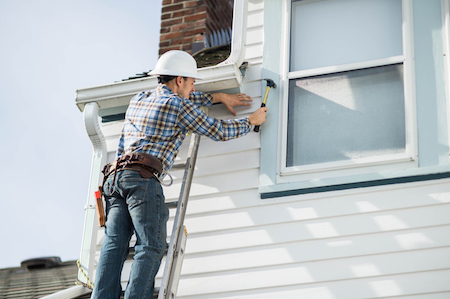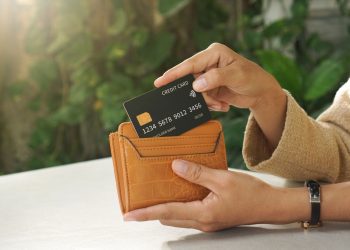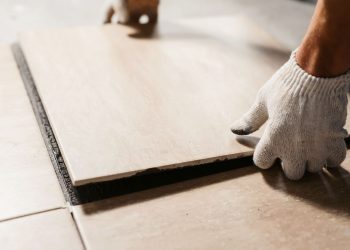You’ve handed over a sizable chunk of cash in return for those shiny new keys—and in the first flush of happiness over owning your own home, you want to be ready to show it off. But money may be tight, and you are facing bills—like water and trash pick-up—that you’ve never had to pay before. The financial advice team at Investopedia.com suggests five steps new homeowners should take:
Watch your wallet. Don’t overspend on furnishings or remodeling during your first few months as a homeowner. Give yourself time to adjust to a new budget and to rebuild your savings. Friends and family will understand if you take your time to fix-up and decorate—and the stores will still be filled with new furniture when you are ready to spend.
Don’t ignore maintenance items. While you can hold off on furnishings, there’s no longer a landlord to call when simple repairs need to be made. Investing in a basic tool kit, if you don’t already have one, and/or in a lawnmower or other gardening tools, may be a wise idea in terms of maintenance. Taking a class in basic home repair may be a good idea, too.
Hire qualified contractors. While you may be up for patching and painting, don’t try to save money by tackling projects you aren’t qualified for, such as wiring. It’s worth hiring a professional for those chores to be sure they are done safely and correctly.
Save your receipts. Save receipts for any home improvements that you do make. They can help you maximize your tax-free earnings when you sell your home down the line. But don’t confuse a repair with an improvement, and do enough reading or consulting to be able to tell the difference.
Get help with your tax return. Even if you hate the thought of spending money on an accountant when you normally do your returns yourself, hiring an accountant to make sure you maximize your refund is a good idea. Homeownership significantly changes most people’s tax situations and the deductions they are eligible to claim. Getting your taxes professionally done for at least a year can give you a template to use in the future if you want to do your taxes yourself.











